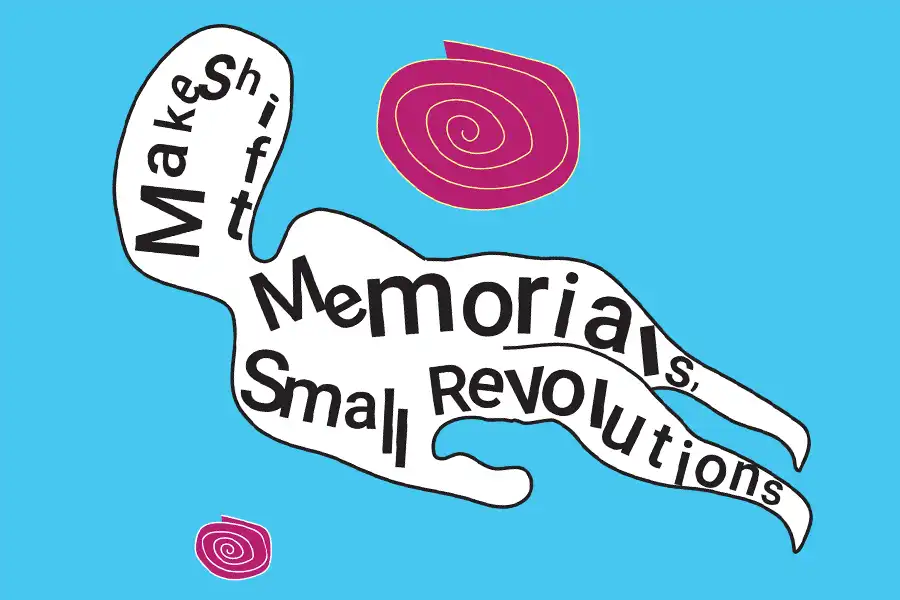
Opening Reception—Makeshift Memorials, Small Revolutions
Date(s)
Friday, October 11, 2024
6:00pm—8:00pm
About the Artist/Performance:
Performance by Indira Allegra at 7pm
At the Blaffer Art Museum, Indira Allegra (b. 1980 Oakland, CA, USA. Lives and works in New York, NY USA) will produce a site-specific work, made possible through the support of the Cynthia Woods Mitchell Center for the Arts, in collaboration with Houston-based musicians, Soprano Alexandra Smither, cellist Austin Lewellen, and artist and engineer Corey De’Juan Sherrard Jr. They will transform the museum stairwell, and turn various architectural features into instruments: the open space as a theremin, the stairs into a harp, and the security netting into a rattle. Through live sound sessions, Allegra and their collaborators weave the senses of touch, hearing, into collective intimacy, memory, and grief. Visitors are encouraged to experience the performance at the museum parking lot or participate inside the museum through their own movements. At KADIST San Francisco, Allegra will broadcast the sound recordings of the Blaffer Sessions at the entrance and exit of the gallery space. Also on view is Allegra’s video After My Death/A Mutable Decision (2022), which follows the artist’s dance within a shaft of sunlight in an empty studio, culminating in a staccato of grief expressions.
Location:
Blaffer Art Museum
FREE and open to the public
About the Exhibition:
This Fall, KADIST San Francisco and the Blaffer Art Museum at the University of Houston are co-organizing Makeshift Memorials, Small Revolutions, an exhibition in two parts with programming examining the shifts in dilated time, ritual, memory-keeping, and community-building in artistic practices in the years 2020-2024. Makeshift Memorials, Small Revolutions traces the cyclical nature of improvised, responsive yet sustained systems of mutual aid, information sharing, and embodied knowledge and their intersectional, intimate, and enduring effects, as magnified by the COVID-19 global pandemic.
The exhibition considers artists as prognosticators and traces their evolving practices and approaches, informed by activism and the creation of mutual aid networks spurred from lived experiences such as the still ongoing HIV/AIDS epidemic and Black and Brown grief. The artists assume the role of narrators for memetic memory, muffled silences, and informal archiving against power structures sanctioning conditions of personal isolation, cultural amnesia, and planetary extinction.